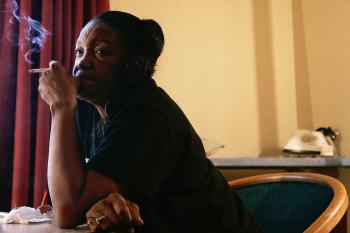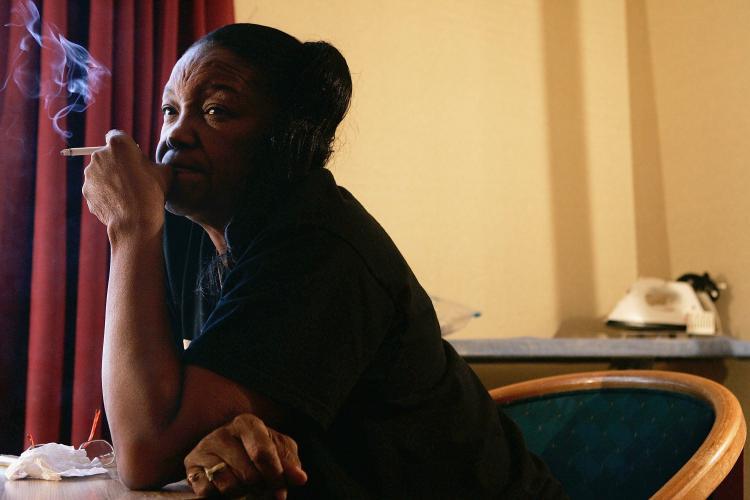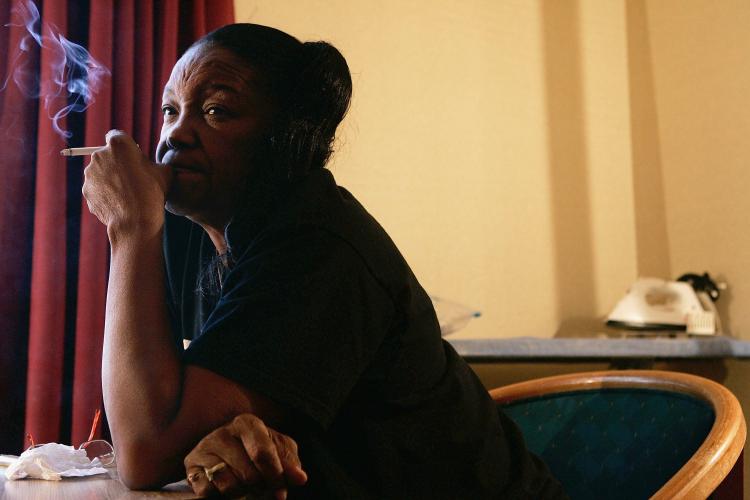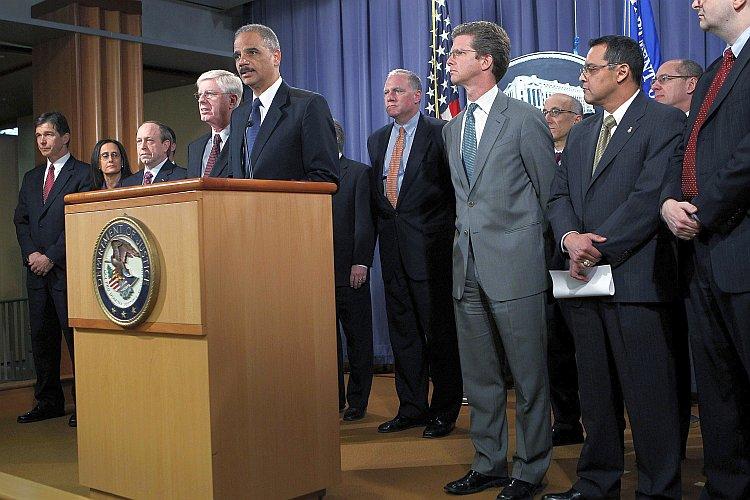In a study conducted by the University of Rochester and Massachusetts General Hospital for Children, new data supports a move to make apartments nonsmoking.
According to the surgeon general, there is no safe level of tobacco smoke. In a Massachusetts General Hospital press release, Karen Wilson, M.D., MPH assistant professor of Pediatrics at the University of Rochester Medical Center’s Golisano Children’s Hospital and lead author of the study said, “Parents try so hard to protect their children from dangers, such as tobacco smoke. It’s surprising to see these results and realize that too many parents have no control over whether their children are exposed to secondhand smoke in their own homes.”
According to the press release, children exposed to secondhand smoke are at a greater risk for a variety of respiratory diseases.
“This study is an important piece of evidence supporting universal smoke-free multiunit housing,” said Jonathan Winickoff, M.D., MPH, of the Mass. General Hospital for Children and the senior author of the study. “More and more landlords, in all 50 states, know that they can set the smoke-free policy for their buildings, and with 80 percent of the population not smoking, market demands strongly favor smoke-free status. When landlords set a completely smoke-free policy they will enjoy lower fire risk and insurance costs, lower cleanup costs between tenants, and they will be fostering a healthier home for everyone in the building.
“This research will help promote the notion that it is never acceptable to smoke indoors, even in your own unit, because the smoke gets into the bodies of children in other units,” Winckoff said.
Other groups have also made efforts to protect the rights of people exposed to secondhand smoke in apartment buildings. Jacque Petterson, a consultant for smoke-free housing in Texas, has worked hard for nonsmokers rights. She became passionate about the issue when she and her husband were forced to move from their condo in 2000 because of secondhand smoke that exacerbated her asthma attacks. She told The Epoch Times, her mission is, “Not to stop smoking, but to encourage apartment owners to provide smoke-free buildings and to educate people that smoke does not stay in a smokers apartment and that there is no way to stop it.”
The study was published in the January 2011 issue of Pediatrics.
According to the surgeon general, there is no safe level of tobacco smoke. In a Massachusetts General Hospital press release, Karen Wilson, M.D., MPH assistant professor of Pediatrics at the University of Rochester Medical Center’s Golisano Children’s Hospital and lead author of the study said, “Parents try so hard to protect their children from dangers, such as tobacco smoke. It’s surprising to see these results and realize that too many parents have no control over whether their children are exposed to secondhand smoke in their own homes.”
According to the press release, children exposed to secondhand smoke are at a greater risk for a variety of respiratory diseases.
“This study is an important piece of evidence supporting universal smoke-free multiunit housing,” said Jonathan Winickoff, M.D., MPH, of the Mass. General Hospital for Children and the senior author of the study. “More and more landlords, in all 50 states, know that they can set the smoke-free policy for their buildings, and with 80 percent of the population not smoking, market demands strongly favor smoke-free status. When landlords set a completely smoke-free policy they will enjoy lower fire risk and insurance costs, lower cleanup costs between tenants, and they will be fostering a healthier home for everyone in the building.
“This research will help promote the notion that it is never acceptable to smoke indoors, even in your own unit, because the smoke gets into the bodies of children in other units,” Winckoff said.
Other groups have also made efforts to protect the rights of people exposed to secondhand smoke in apartment buildings. Jacque Petterson, a consultant for smoke-free housing in Texas, has worked hard for nonsmokers rights. She became passionate about the issue when she and her husband were forced to move from their condo in 2000 because of secondhand smoke that exacerbated her asthma attacks. She told The Epoch Times, her mission is, “Not to stop smoking, but to encourage apartment owners to provide smoke-free buildings and to educate people that smoke does not stay in a smokers apartment and that there is no way to stop it.”
The study was published in the January 2011 issue of Pediatrics.






